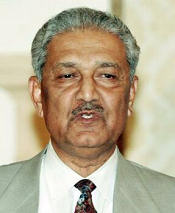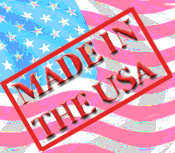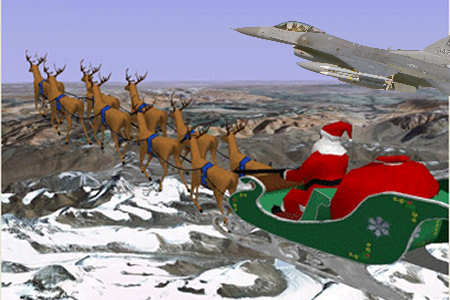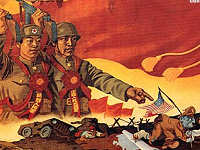
ABOVE:A.Q. Khan
How often can you find the backstory on SDNs in an investigative piece in The New Yorker? Not often. But today’s designation by the Office of Foreign Assets Control (“OFAC”) of some of the key figures in A.Q. Khan’s nuclear network includes a number of folks informatively profiled in this 2006 piece by Steve Coll in The New Yorker. As a result of the designations, any property or money in which the designated individuals have an interest in the United States will be blocked.
Here are some of the individuals designated in today’s article and a little background (via Steve Coll’s article) on these players in Khan’s network:
A.Q. Khan. You probably knew about Mr. Khan even if you hadn’t read Steve Coll’s article. Often called the father of Pakistan’s nuclear program, Mr. Khan confessed on national television in Pakistan on February 4, 2004, that he had been involved in providing controlled nuclear technology and information to Iran, Libya and North Korea. President Musharraf immediately pardoned Khan but put him, nonetheless, under house arrest. Surprisingly, Khan was not subject to U.S. sanctions until today notwithstanding his initial confession and subsequent revelations about the extent of his proliferation activities.
Gotthard Lerch. The unfortunately-named Mr. Lerch is a German national that Coll described as a meticulously-dressed “big man with a flattened nose and a bulky face.” Lerch, a salesman and engineer, owned a company that specialized in making industrial vacuum systems that are useful in nuclear proliferation. In the summer of 2006 he was tried and convicted in Germany on charges of supplying nuclear equipment to Libya for $20 million dollars (half of which he was alleged to have cleared as profit). Although Lerch proclaimed his innocence, materials supplied by Qaddafi to U.S. and other investigators named Lerch as a source of equipment for Libya’s nuclear program.
Peter Griffin. Mr. Griffin is a British national, a retired businessman with a home near Bordeaux, France, and was a witness against Lerch in the German prosecution. Although he was arrested for interrogation in 2005 under Britain’s anti-terrorism law, Griffin has never been charged with any crime. Griffin claims that he was framed by B.S.A. Tahir, a protegé of Khan’s, who, Griffin alleges, forged documents showing Griffin’s supply of equipment to Libya’s nuclear program. Griffin was called to testify because he claims to have “walked into Tahir’s office on a social visit and found Lerch shouting, ‘I want my money!’ Tahir also subsequently asked Griffin to transfer 25,000 Swiss Francs to Lerch’s account although he didn’t ask why and was subsequently repaid by Tahir. Not surprisingly, Tahir was also designated in today’s order by OFAC.
Daniel Geiges. Mr. Geiges is a Swiss national who has been living in South Africa since 1969. He told Coll that he received an order for pipe work and autoclaves used in uranium-enrichment plants through his boss Gerhard Wisser. Geiges said that Wisser told him that the blueprints for the project were provided by Lerch. In February 2008, Geiges, who is gravely-ill from colon cancer, received from a South African court a 13-year suspended sentence for violating South Africa’s export laws. Wisser, who was also designated by OFAC in today’s order, previously received a suspended sentence on the same charges.
Coll’s interview with Geiges provided Geiges rationale for cooperating with the Khan network:
“Look, for me it was in the first place a job which I’d been taught to do,†Geiges continued. “I was three years away from retirement, and rocking the boat at that stage was simply not an option.†He felt, he said, that he had “basically two options.†He could “do it to my best ability, and within the given parameters, or I run to the authorities with a slim chance of making a fool of myself if it turns out that the whole thing could be legalized.†If he became a whistle-blower, he thought, he would likely have to “lose a job and accept cuts in my retirement benefits—and become a pariah which no other employer would touch.â€
Nuclear proliferators, I guess, have to eat too.

 Posted by
Posted by  Category:
Category: 

 For everyone who has been complaining that export controls imposed by the Bureau of Industry and Security (“BIS”) have meant that U.S. manufacturers aren’t on a level playing field with foreign competitors, it’s now time to put your money, or at least your comments, where your mouth is. BIS has just
For everyone who has been complaining that export controls imposed by the Bureau of Industry and Security (“BIS”) have meant that U.S. manufacturers aren’t on a level playing field with foreign competitors, it’s now time to put your money, or at least your comments, where your mouth is. BIS has just 
 Looking at the title of
Looking at the title of  According to an
According to an 

